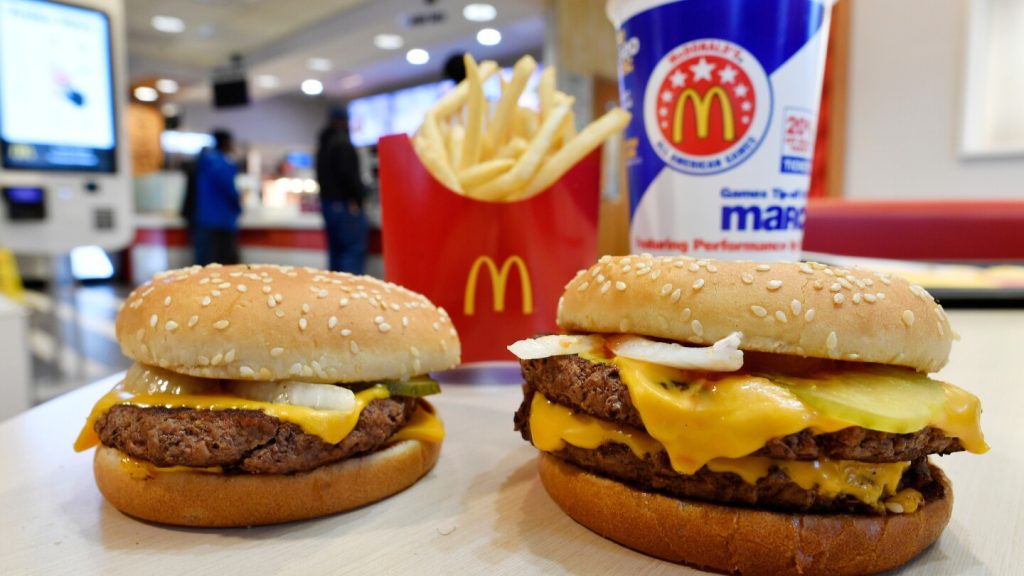McDonald’s has lost a trademark dispute over the Big Mac name in the European Union to Irish fast food rival Supermac’s, as ruled by the EU General Court. The court found that McDonald’s failed to prove genuine use of the Big Mac label for chicken sandwiches, poultry products, or restaurants over a five-year period. The Big Mac, a popular hamburger made of two beef patties, cheese, lettuce, onions, pickles, and Big Mac sauce, was invented in 1968 by a Pennsylvania franchisee to appeal to adults. Supermac’s hailed the decision as a victory for small businesses worldwide.
The dispute not only revolves around burger names but also paves the way for Supermac’s expansion into other EU countries. It originated when Supermac’s sought to register its company name in the EU for expansion plans, which was challenged by McDonald’s citing consumer confusion with the trademarked Big Mac name. In response, Supermac’s filed a request in 2017 to revoke McDonald’s Big Mac trademark registration, alleging lack of use in certain categories over five years. After a partial approval from the regulator, McDonald’s appealed to the EU court.
The EU General Court, in its ruling, stated that McDonald’s failed to prove genuine use of the Big Mac trademark in connection with chicken sandwiches, food made from poultry products, restaurants, drive-throughs, and take-out food. Supermac’s hailed the decision as a victory against trademark bullying and competition stifling by multinational corporations like McDonald’s. The Irish company, despite not selling a sandwich called the Big Mac, offers a similar Mighty Mac with the same ingredients. McDonald’s, however, remains unfazed by the ruling and affirmed its right to use the Big Mac trademark, expressing continued commitment to serving local communities in Europe.
While the ruling can be appealed to the European Court of Justice on points of law, McDonald’s emphasized its love for the iconic Big Mac and its popularity among customers across Europe. Supermac’s Managing Director Pat McDonagh hailed the decision as a significant victory for small businesses globally, commending the court’s common-sense approach to trademark usage by large multinational corporations. The battle over the Big Mac trademark highlights the challenges faced by small businesses against established giants in the fast-food industry, showcasing the importance of fair competition and protecting the interests of smaller players in the market.


